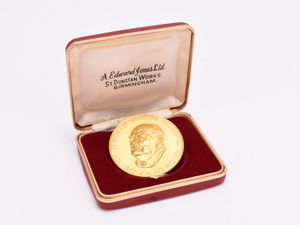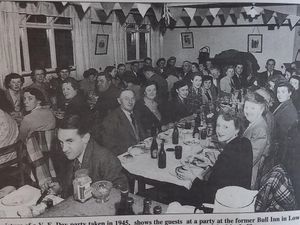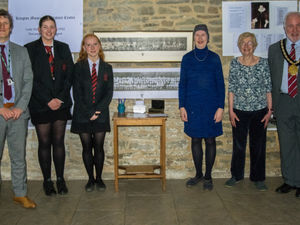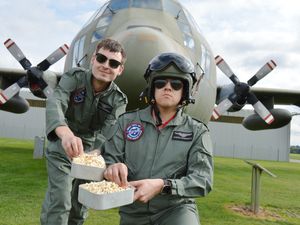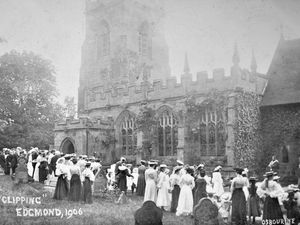'The sea was red with blood': D-Day heroes recall how they cheated death
Most of the men who fought on D-Day, June 6, 1944, have passed away.
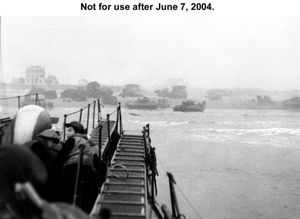
We have collected many memories of veterans over the years. Over the next week we will retell their stories, told first-hand to Peter Rhodes by some of the 100,000-strong band of brothers who stormed the beaches or dropped from the squally skies on a single day in June to seize a foothold in occupied France and begin the liberation of a continent.
D-Day, June 6 - 3.30am - 7.30am – The Beach Landings
Long before the Allied armada hit the Normandy beaches, midget submarines were only a few yards offshore, watching from the shallows. Some 'sneaky-beaky' units were silently creeping ashore.
Jack Palmer from Netherton was one of the first. His tiny Royal Signals detachment was landed at dead of night to provide radio systems for the invading army.
"By 3.30 am on June 6 we pulled into shallow water on the Normandy coast," he said. "We disembarked in a hurry. The skipper seemed rather anxious to be away. Pulling the cable carrier up the beach proved to be a hell of a job. In the dark a number of steel tripods had to be circumvented. Unknown to us they were heavily mined. Fortunately there were no mishaps. It was quiet as the grave with not a soul anywhere, least of all German troops. We led the invasion on D-Day."
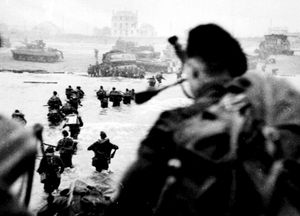
Stan Twyman of Codsall was a boy in arms, an 18-year-old midshipman on an armoured tank-landing craft, LCT (A) 2238. In the grey, squally morning of D-Day, he gave the most momentous order of his life. On the approach to Gold Beach some landing craft struck submerged mines and blew up. Others were holed and vanished in seconds. But his made a text-book run-in to the beach.
"Ramp down!" shouted the teenager, securing his place in history.
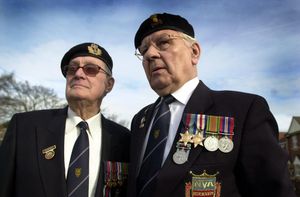
The steel ramp fell forward. His cargo, a flail tank designed to carve paths through minefields, moved steadily down the ramp. The landing craft next to his was stranded on the beach, unable to withdraw. Another landing craft nearby was shattered by an enemy shell.
"We were lucky," he said. "It was a very quiet section of the beach. But none of these landings ever went as planned. You just went in. All I can recall is this feeling that we were doing our job. I suddenly realised on the way across the Channel that this was a very, very big thing. There was this huge armada – and most of it seemed to be behind us."
The ramps went down and the lads of the Dorset Regiment stormed ashore. They were in the first wave of the D-Day landings on Gold Beach.

